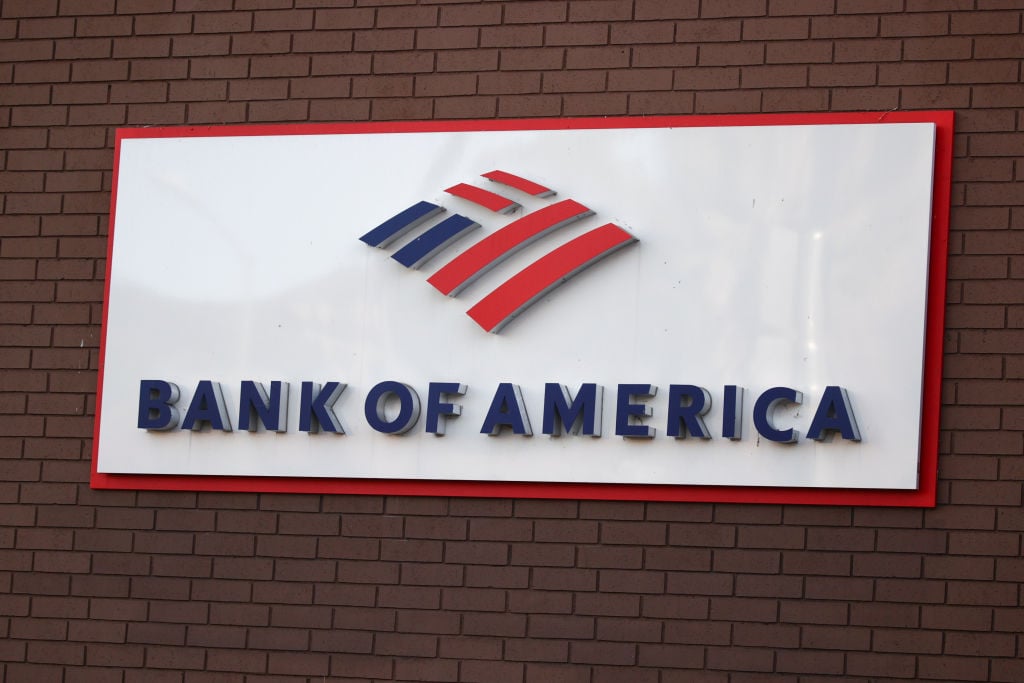Less than a week after Bank of America's (BAC 3.78%) 10-Q filing gave a glimpse of new legal hassles looming on its horizon, the U.S. Department of Justice and the Securities and Exchange Commission have made their move. Attorney General Eric Holder announced that the DOJ and the SEC have filed suit in Charlotte, North Carolina, over $850 million of residential mortgage-backed securities B of A originated in 2007, and then sold in 2008.
The lawsuits are not a surprise, and suits filed against B of A over crummy mortgages are painfully commonplace. These particular actions, though, are a little different from other legal cases regarding mortgage bonds. These suits revolve around MBSes filled with non-government backed, prime jumbo loans -- and since there is no mention of Countrywide, those loans were apparently originated by Bank of America itself.
And, much like the allegations that B of A deceived and lied to homeowners attempting to refinance their troubled home loans, the government is contending that the bank fibbed to investors purchasing at least two of these toxic securities -- hiding pertinent facts that, if revealed, may have sent investors running for the exits.
A jumbo meltdown
Jumbo loans, generally reserved for the wealthy, had fallen out of favor in the years immediately following the financial meltdown, but they have begun to crop up again over the past year or two. Both Wells Fargo (WFC 4.61%) and JPMorgan Chase(JPM 0.97%) have been active in the jumbo market lately, loaning out funds in excess of $417,000 for pricey properties, but using more stringent rules than they did back in 2007.
Notably, pre-crisis jumbo loans were being handed out left and right, which resulted in default rates of 6.9% in late 2008, compared with conventional prime loan default rates of 2.1%. In 2008, Bank of America, JPMorgan, and Wells wrote over one-quarter of the jumbo mortgages, which were considered riskier since neither Fannie Mae nor Freddie Mac would back them.
Lending standards were ignored
The lawsuits allege that Bank of America did not comply with its own underwriting standards in regards to these loans. In one of the MBS pools, the government states that over 40% of the nearly 1,200 mortgages contained therein did not adhere to B of A's own parameters.
In addition, more than 70% of those loans were created through Bank of America's wholesale channel, meaning third parties originated the loans. Though B of A knew these channels were delivering loans of dubious quality, it failed to alert investors to this fact.
Because investors were ignorant of these complications, they unknowingly bought into an investment that will, according to the government, likely surpass $100 million in losses.
A big problem for B of A -- and maybe others
Countrywide has been a big pain in the balance sheet for Bank of America, but it seems that it can't be blamed for this problem. It also looks like this might be just the tip of the jumbo MBS iceberg: The Wall Street Journal has estimated that, between 2002 and 2006, banks wrote $557 billion of jumbo mortgages annually -- 40% of which were bundled into securities that were later sold to investors.
Will JPMorgan and Wells be next on the jumbo hit list? Perhaps, and there may be more of this kind of trouble for Bank of America, as well. For the nation's biggest banks, the financial crisis may be over, but its legacy will continue to be a drag on their bottom lines – and their reputations.








